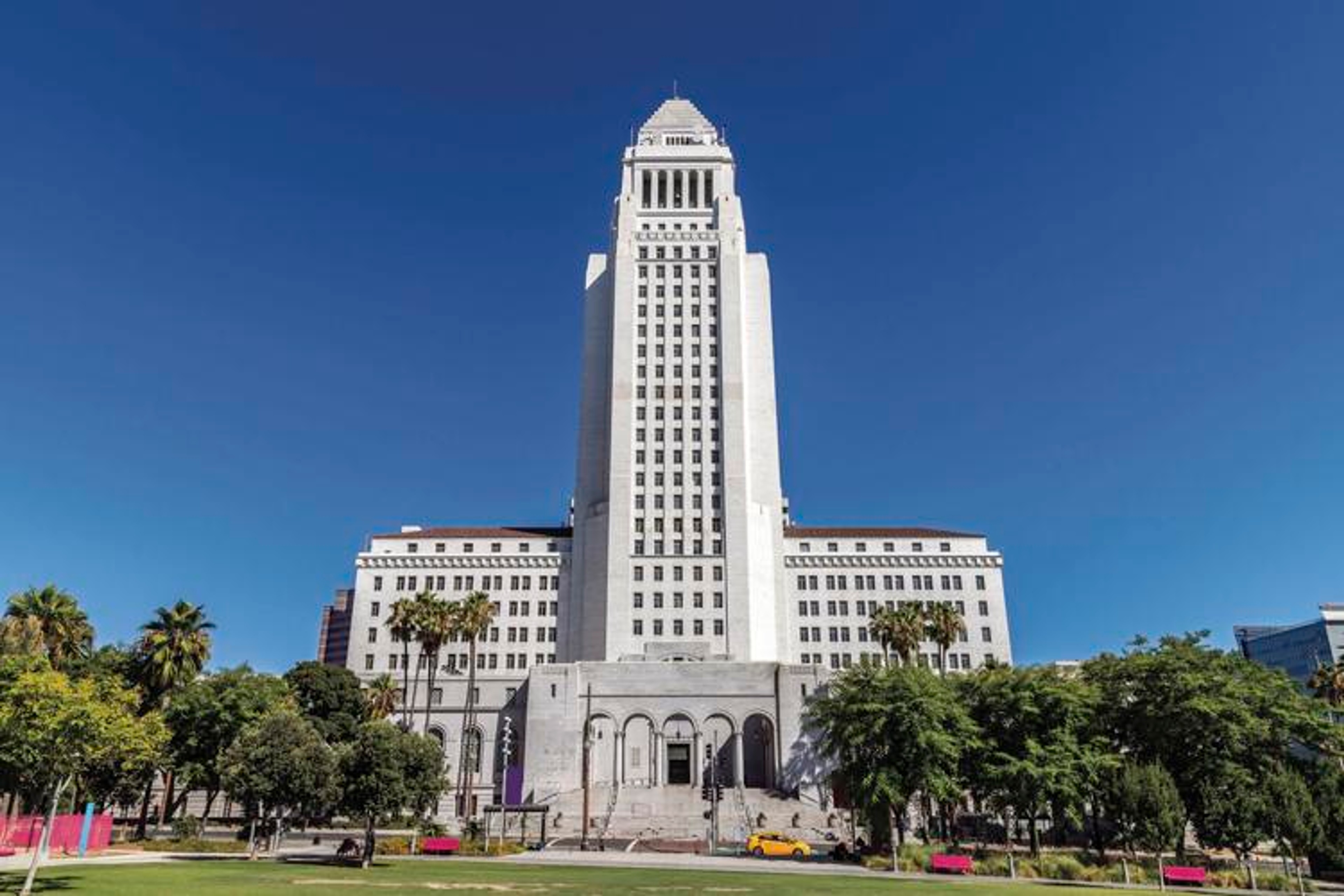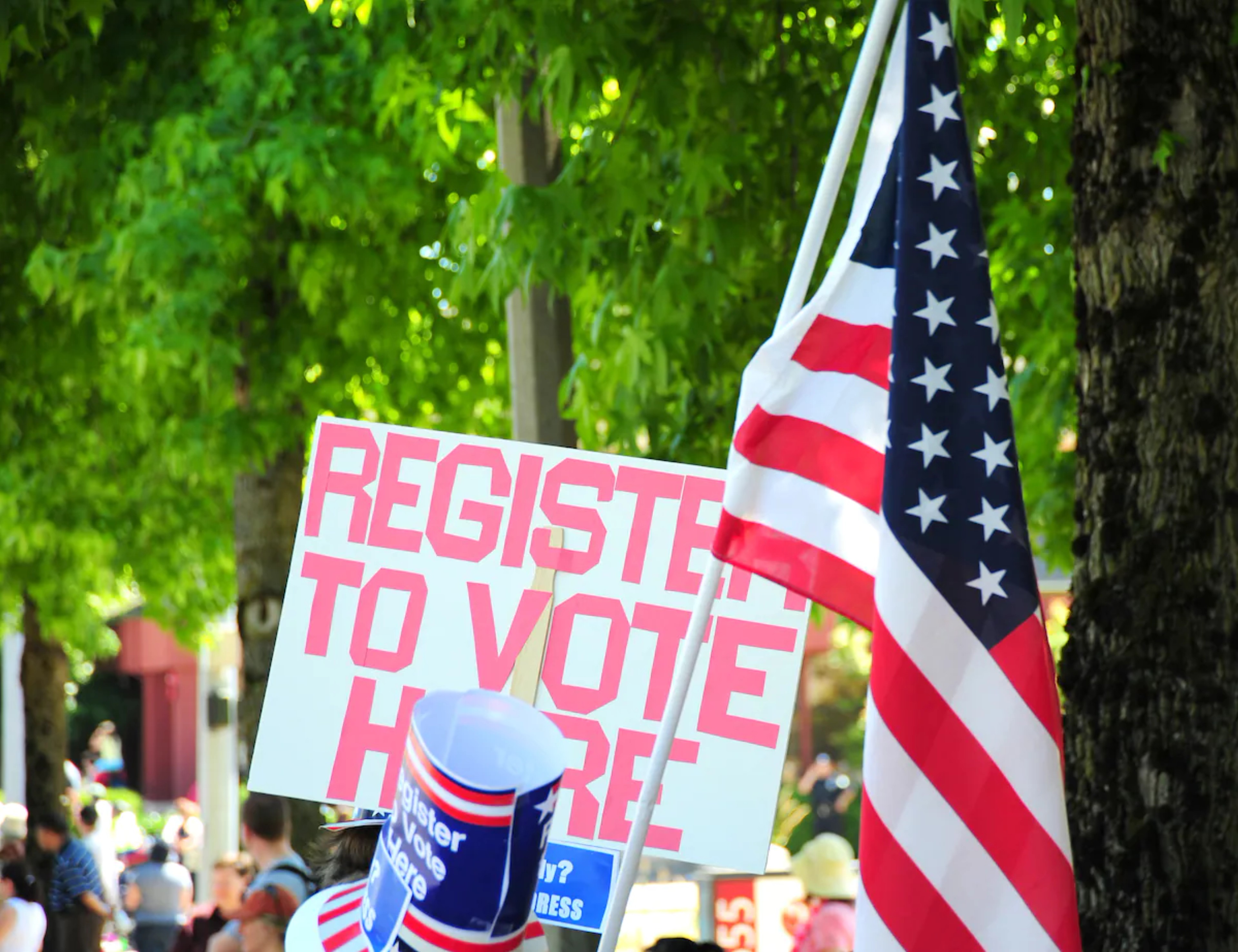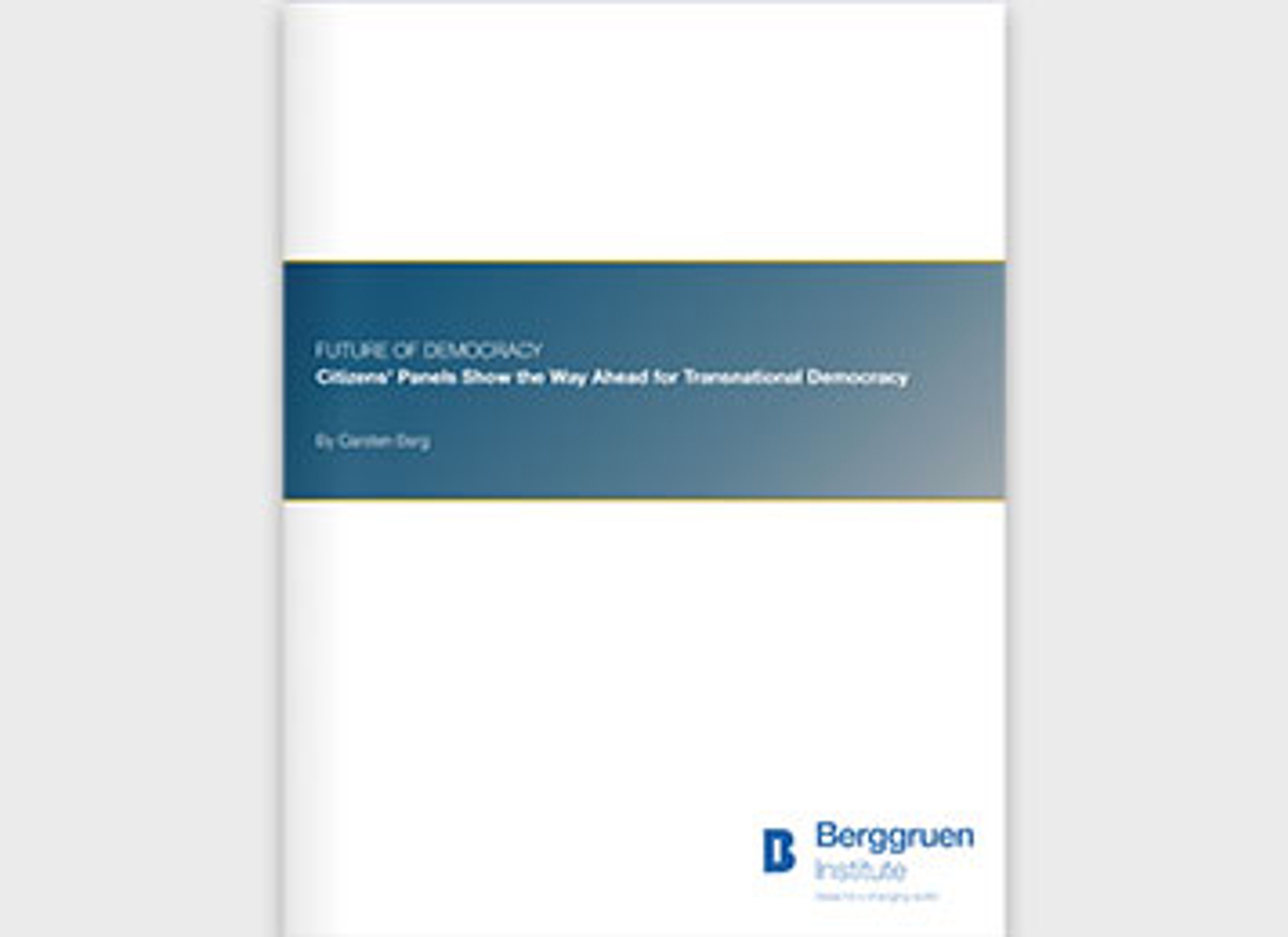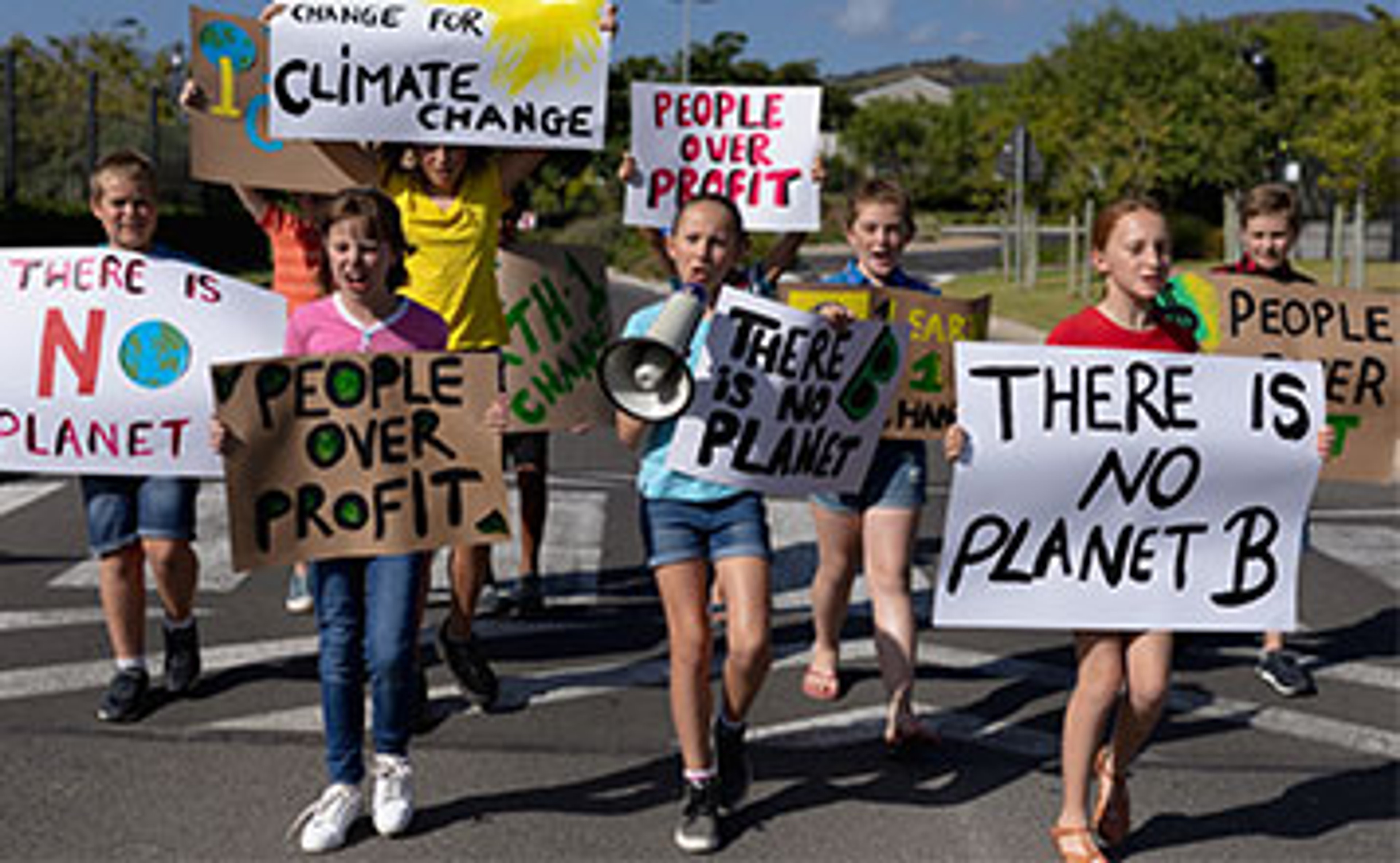Global Survey: 7 Out of 10 Adults in Democracies Believe Young People Should Take the Lead in Climate Fight

Consensus across UK, India, Indonesia, and 17 other nations confirms Berggruen Institute’s qualitative findings in support of new direction for climate policy.
A Global Progress/YouGov opinion survey of global democracies has confirmed the Berggruen Institute’s qualitative findings: people want climate policies that empower youth, circumvent politicians, and invest in jobs.
The survey uncovered strong majority support for the creation of youth environment service programs; distrust in politicians along many dimensions; and strong support for climate policies focused on investment and economic prosperity. These data echo key takeaways from four youth deliberative assemblies organized this year by the Berggruen Institute’s Youth Environment Service (YES) campaign.
“The frustrating outcome of COP 26 vindicates the views expressed in this survey and in our deliberative assemblies: when it comes to climate change, traditional policymaking must be complemented by grassroots programs focused on building opportunity,” said Dawn Nakagawa, Executive Vice President of the Berggruen Institute. “As the need for climate action becomes ever more urgent, programs like this are our best chance of mobilizing the public towards reducing climate harms.”
The significance of this survey is its global scope, with a sample of 22,000 adults (18+) in twenty democracies across Asia, Europe, Africa, Oceania, and North and South America. Among the notable findings, 71 percent of survey respondents supported the creation of national youth environment service programs, though only 55 percent in the US. Not surprisingly, 69 percent of respondents disagreed that politicians are realistic or honest about their plans, and 65 percent disagreed that they understand what politicians’ plans mean for people like them, indicating a significant disconnect between government leaders’ policy agendas and the needs of their constituents. 55 percent said governments should provide subsidies and incentives for non-fossil energy.
Takeaways consistent with this recent survey have emerged from all four youth deliberative assemblies organized by the Berggruen Institute’s YES campaign in 2021. A priority among participants was that young people in climate-affected communities be fully included in structures governing youth environment service programs, either within or alongside traditional policymaking bodies or institutions. Equally consistent was the hope that environment service programs invest in skills training, offer stable career paths, and pay a living wage. All these findings advanced the broader goal that climate policy work to combat the historical and systemic injustices rendered by climate change and its disproportionate effect on underserved communities across the world.
“The results of the survey show people all over the world confirming what we, as young people, have been saying for a while now: politicians are failing by negotiating with each other, pandering to the elite and to fossil fuels,” said Harry Grosvenor, a participant in the YES campaign’s deliberative assembly in Manchester, UK in October of 2021. “We need global direct action and new programs that enable us to protect our communities from the climate crisis, and leaders need to work with us to create them.”
Launched in April of 2021, the YES campaign organizes deliberative assemblies that develop policy recommendations for the design and implementation of youth environment service programs, such as President Biden’s proposed Civilian Climate Corps., the California Conservation Corps., and Youth Environmental Service, a UK NGO. The campaign aims to enable grassroots leadership on climate policy by young people, and to advocate for youth jobs programs in climate mitigation, adaptation, and crisis preparedness.
The YES campaign is a core aspect of the Berggruen Institute’s Renovating Democracy program. In addition to producing policy recommendations, the program’s assemblies are experiments in democratic deliberation, debate, and consensus building. The Institute believes that deliberation by members of the public could provide valuable input into the formal political process, as seen in the Citizens Convention for Climate in France in 2019 and 2020. Building on research by scholars such as Yale’s Helene Landemore and ideas in Renovating Democracy: Governing in the Age of Globalization and Digital Capitalism by Institute co-founders Nicolas Berggruen and Nathan Gardels, the Institute hopes lessons learned from YES assemblies may eventually inform the creation of new deliberative institutions in addition to legislatures, elections, and referenda.







